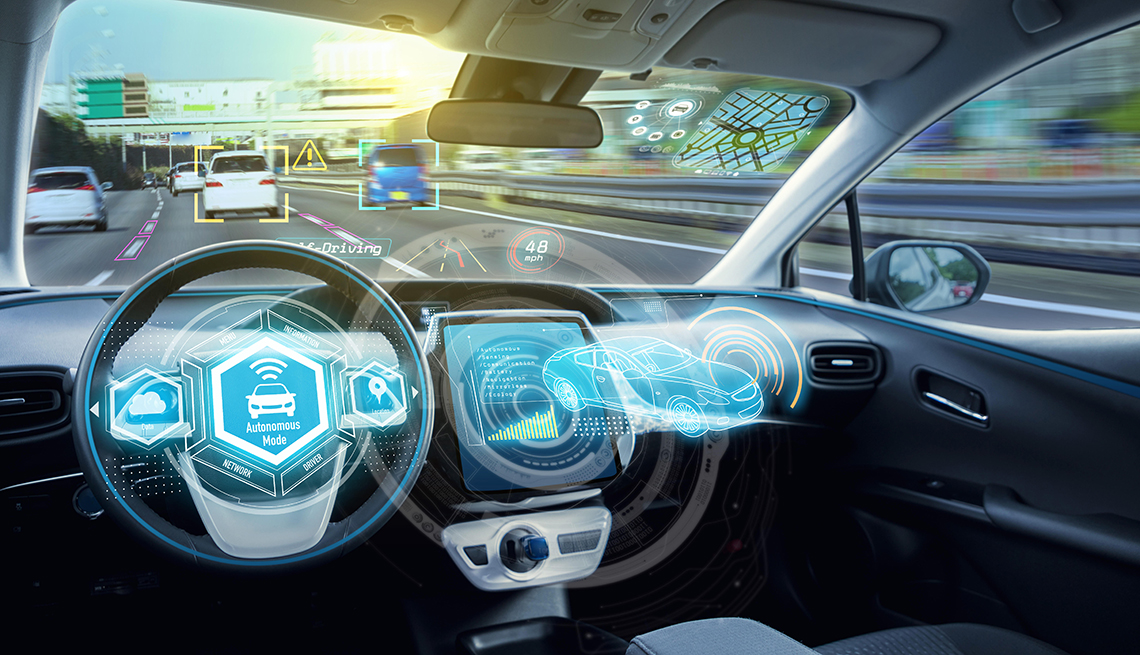Self-driving cars, also known as autonomous vehicles, are vehicles equipped with sensors, cameras, and artificial intelligence (AI) that enable them to navigate and operate without human intervention. These vehicles represent a significant technological advancement with the potential to revolutionize transportation.
How Self-Driving Cars Work
Self-driving cars rely on a combination of hardware and software to operate:
- Sensors: Cameras, LiDAR (Light Detection and Ranging), radar, and ultrasonic sensors are used to perceive the environment, detect objects, and track their movement.
- Artificial Intelligence: AI algorithms process sensor data to make decisions about steering, acceleration, braking, and avoiding obstacles.
- Maps: High-precision maps provide detailed information about roads, traffic patterns, and landmarks.
Benefits of Self-Driving Cars
- Improved Safety: Self-driving cars have the potential to reduce accidents caused by human error, such as speeding, distracted driving, and fatigue.
- Increased Efficiency: Autonomous vehicles can optimize traffic flow, reduce congestion, and minimize fuel consumption.
- Accessibility: Self-driving cars can provide transportation for people who are unable to drive themselves, such as the elderly or disabled.
- Environmental Impact: By reducing traffic congestion and fuel consumption, self-driving cars can help reduce greenhouse gas emissions.
Challenges and Concerns
- Technology: Developing fully autonomous vehicles requires significant advancements in sensor technology, AI, and mapping.
- Infrastructure: Existing infrastructure may need to be modified to accommodate self-driving cars, such as adding new road markings or traffic signals.
- Legal and Regulatory Issues: Establishing clear regulations and standards for self-driving vehicles is essential to ensure safety and public acceptance.
- Ethical Considerations: Addressing ethical dilemmas such as how self-driving cars should handle accidents or make decisions in life-or-death situations.
The Future of Self-Driving Cars
The development of self-driving cars is still in its early stages, but the potential benefits are significant. As technology continues to advance and regulatory frameworks are established, we can expect to see a gradual increase in the adoption of autonomous vehicles.
Would you like to learn more about a specific aspect of self-driving cars, such as the technology involved or the ethical challenges they pose?
